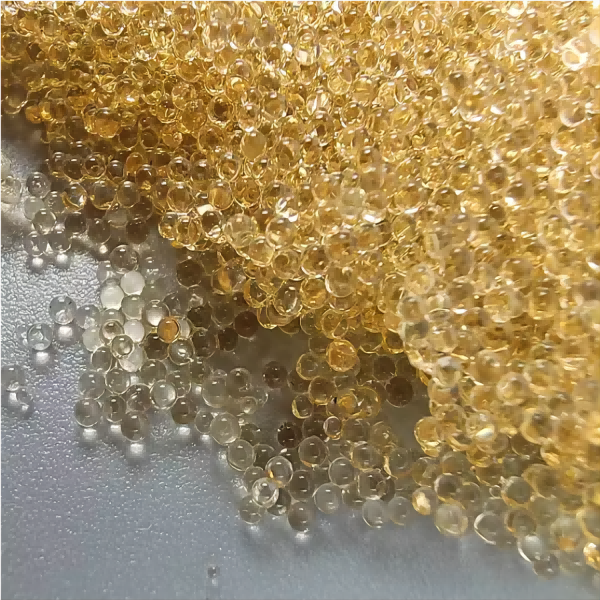
What is Ion Exchange Resin and How Does it Work?
Ion exchange resin is a type of synthetic polymer that can be chemically modified to selectively remove or exchange ions in a solution. These resins consist of small, porous beads or granules, which are capable of binding to certain ions and releasing other ions in exchange.
The process of ion exchange involves the dissolution of a mineral or compound in a solution, followed by the absorption of the dissolved ions onto the resin beads. This results in the removal of unwanted ions from the solution and the replacement of those ions with desired ions.
Ion exchange resin is widely used in various industrial processes such as water treatment, food processing, pharmaceutical manufacturing, and many other applications. In water treatment, ion exchange resin is commonly used to remove dissolved minerals such as calcium, magnesium, and iron ions for softening water.
The resin can also be used to remove toxic or heavy metal ions from wastewater, as the resin can be tailored to selectively remove specific types of ions. Similarly, in the food industry, ion exchange resin can be used to remove unwanted flavors and odors, as well as to separate different compounds based on their molecular weight or charge.
Ion exchange resins can be of two types, namely, cation and anion resins, depending on what type of ions they can attract. Cation resins can attract positively charged cations while anion resins attract negatively charged anions. In some instances, a combination of both types of resins can be used in a single ion exchange process to achieve a specific desired result.
Some common examples of ion exchange resins include styrene-based resins, which are most commonly used in water treatment, and acrylic-based resins, which are utilized in pharmaceutical applications. Additionally, newer types of resins have been developed that are more environmentally friendly and can provide higher performance compared to traditional resins.
In conclusion, ion exchange resin is a synthetic polymer that can selectively remove or exchange ions in a solution. It is widely used in different industrial applications such as water treatment, food processing, and pharmaceutical production, among others. Understanding how ion exchange resins work is essential in designing efficient ion exchange processes for various applications.

